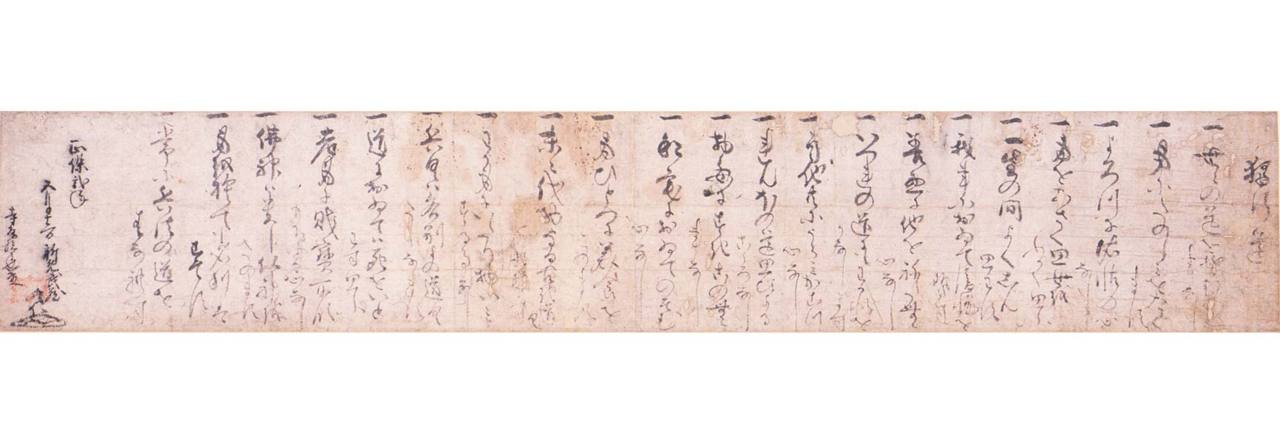the path walked alone

Miyamoto Musashi is considered by many to be the greatest samurai who ever lived. Robert Greene calls him the greatest strategist of all time. Musashi fought in over 60 battles to the death against one or many opponents and emerged victorious from every single one.
He attained legendary status, and although many of his detailed works survive, they exist primarily as copies in which the kanji symbols occasionally differ or fail to align perfectly, creating textual inconsistencies.
Additionally, certain facts about his life remain uncertain, and these gaps have often been filled by fictional narratives crafted by later generations—frequently introduced for dramatic effect, such as depicting romantic relationships.
Even his most famous duel against Sasaki Kojirō on Ganryū Island in 1612 is frequently distorted in retellings. Musashi won this duel with a single blow from a wooden sword, by the way.
Musashi's most renowned work is "Gorin-no-sho" (The Book of Five Rings). He passed the scrolls to his trusted disciple, Terao Magonojō, a week before his death in 1645. "Gorin-no-sho" contains his teachings on swordsmanship and strategy in general.
However, Musashi also wrote a shorter scroll called "Dokkōdō" on the same day he entrusted the main work of his life to Terao. "Dokkōdō" means "The Path Walked Alone." It contains 21 single-line precepts summarizing Musashi's reflections on his life.
Here is the 2018 translation by Alexander Bennett:
1. I did not infringe upon the Way of successive generations.¹
2. I sought not pleasure for pleasure’s sake.
3. I harbored no biased feelings.
4. I thought lightly of myself and profoundly of the world.
5. I succumbed not to greed for the duration of my life.
6. I held no regrets for past deeds.
7. I was never jealous of others over matters of good and evil.
8. In all things, I never despaired over parting.²
9. I never held malice toward others, nor they toward me.
10. I steered clear of the path to attachment.³
11. I held no preferences for anything.
12. I cared not where I lived.
13. I sought not the taste of fine food.
14. I possessed no old items of historical consequence to pass on.⁴
15. I adhered not to superstitious beliefs.
16. Apart from weapons, I sought not superfluous trappings.⁵
17. I spurned not death in the Way.⁶
18. I sought not the possession of goods or fiefs for my old age.
19. I respected the deities and Buddha without seeking their aid.
20. I abandoned my body but not my honor.
21. I never drifted from the Way of combat strategy.
¹ Musashi refers to universal principles that must always be upheld by humanity.
² An allusion to death.
³ In other words, falling in love.
⁴ Family heirlooms and similar items.
⁵ All a warrior needs is a roof over his head and the tools of his trade.
⁶ The warrior must never fear death when pursuing his Way.
Points 8, 10, 11, 12, and 13 resonate the most deeply with me. It is indeed a lofty goal to be able to reflect on one’s deathbed:
a. i sought not the taste of fine food
b. i cared not where i lived
c. i steered clear of falling in love, recognizing it as the path to attachment
d. i held no preferences for anything
e. i never despaired over parting with life
My interpretation of the "i held no preference for anything" as both "seeing things clearly for what they are without preferences and biases" and "accepting you own fate". The later is what Nietzsche called "Amor fati".
This cannot be conveyed with words and letters. Research this carefully.